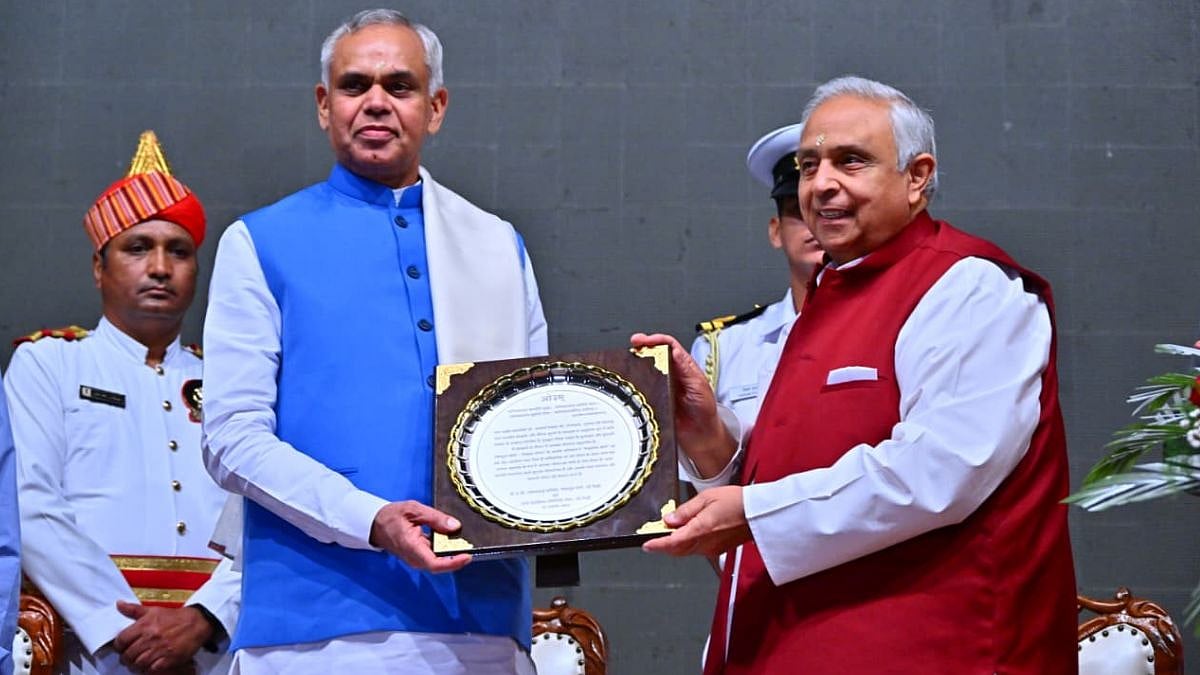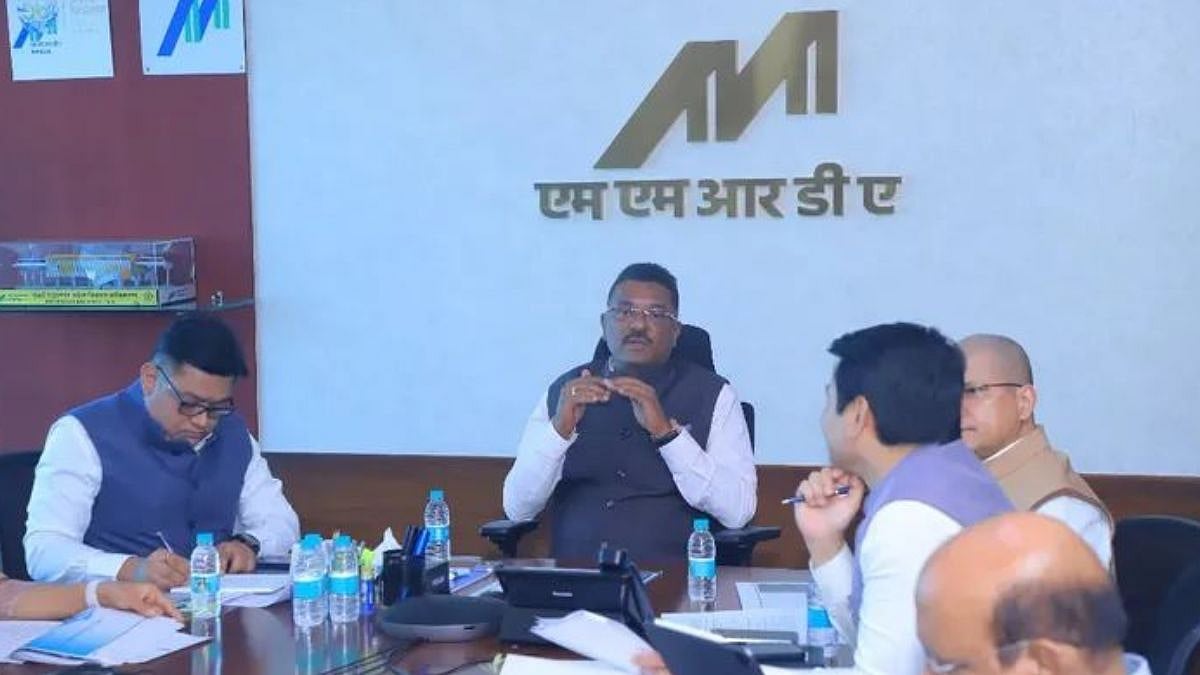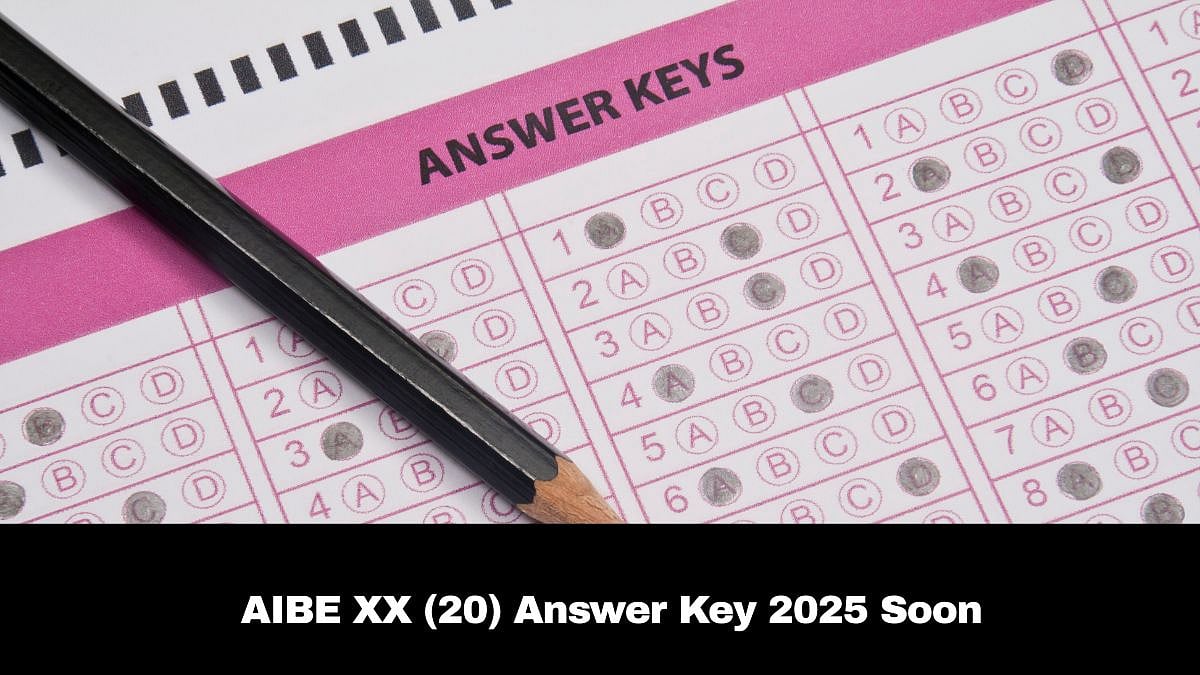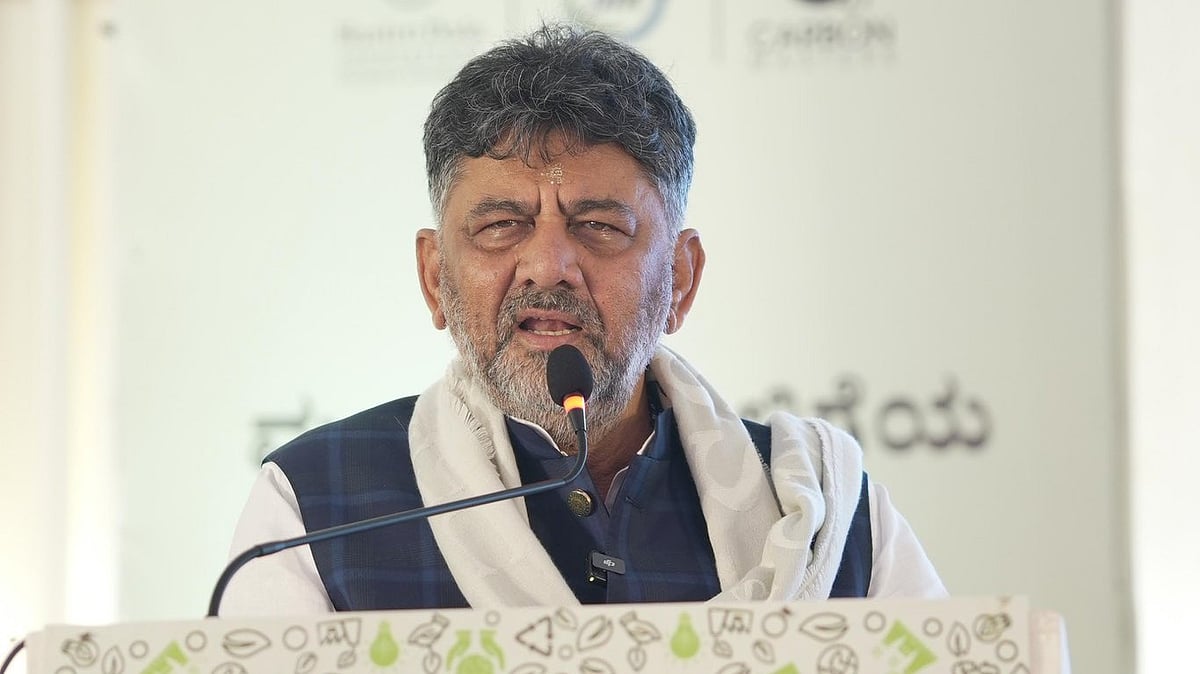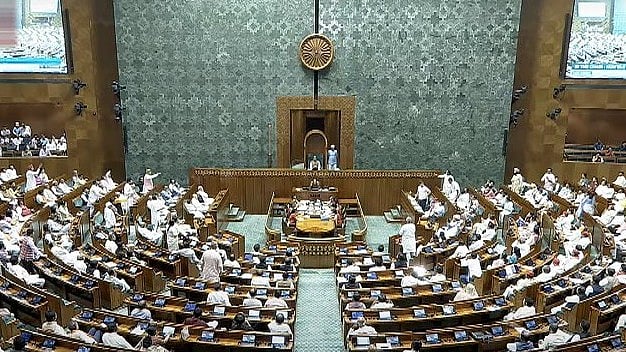The Biju Janata Dal (BJD) is grappling with internal unrest after its unexpected support for the Waqf (Amendment) Act, 2025, in the Rajya Sabha. Though the party had initially opposed the Bill, MP Sasmit Patra voted in favour of it, triggering protests within party ranks. Senior leader Bhupinder Singh likened the tension to a ‘Kalabaisakhi’—a seasonal storm, saying it will pass, though he admitted that discontent within the party is real and must be addressed sincerely.
Several senior leaders, including Pratap Jena and Prafulla Samal, have demanded disciplinary action against Patra. His social media post defending his vote has added to the controversy. Meanwhile, Rajya Sabha MP Debasish Samantray, who abstained, claimed he acted on instructions, subtly indicating that the decision may have come from higher up in the party.
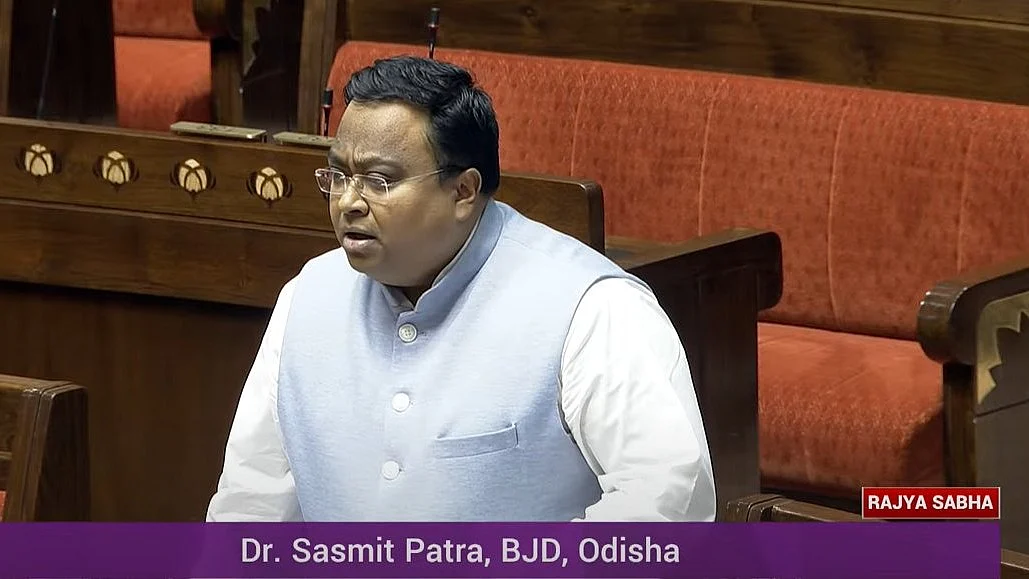
Observers and party insiders question whether Patra could have voted without the knowledge of party chief Naveen Patnaik, known for his tight control over party affairs. Many believe the uproar may be calculated to protect BJD’s minority vote base. By portraying the support for the Bill as an individual act, the party leadership may be trying to distance itself from the decision and contain political damage.
The issue has sparked rare dissent in the BJD, which has largely maintained a united front over its 24 years in power. Some leaders believe the controversy is being used to send a message to minority voters that the party remains committed to their interests.
Caught between accusations of supporting Hindutva and fears of alienating Muslim voters, the BJD seems to have taken a middle path. However, the fallout in state politics could be significant. With elections ahead, the party now faces the challenge of restoring internal cohesion and public trust.

